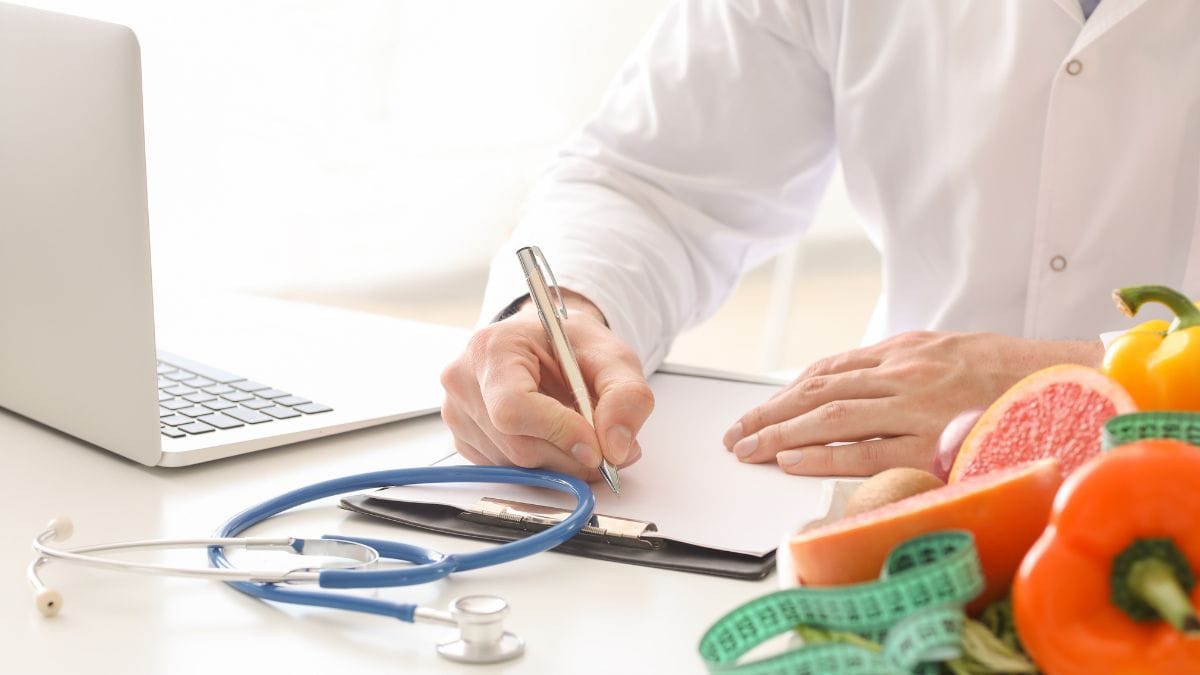Is Egg Good for Arthritis? (Expert Answer)
Short Answer: Egg is good for arthritis, except for rheumatoid arthritis and gout, because it has omega-3 fatty acids and vitamin D, which are anti-inflammatory and beneficial for joint health. Arthritis is a condition that affects your joints, which are the places where two bones meet. In arthritis, your body’s immune system attacks the lining of your joints, causing inflammation, pain, stiffness, and reduced range of motion. This can lead to various health problems, such as joint damage, deformity, disability, and increased risk of cardiovascular disease. One of the key factors in managing arthritis is diet. What you consume can affect your inflammation levels, which can impact your arthritis symptoms and overall health. To effectively manage arthritis, you should consume anti-inflammatory foods like fatty fish, nuts, berries, and leafy greens, and avoid pro-inflammatory foods like red meat, processed foods, sugar, and refined grains. Now, egg is a food that comes from the ovary of a female bird, usually a chicken. People usually eat eggs boiled, scrambled, fried, or baked. Egg is a nutritious food that contains protein, fat, choline, and various vitamins and minerals. Egg is good for arthritis because it contains omega-3 fatty acids, which are anti-inflammatory and can help reduce joint pain and stiffness. Egg also contains vitamin D, which is important for bone health and may prevent osteoporosis, a common complication of arthritis. However, egg is not good for all types of arthritis. Egg contains arachidonic acid, which is a pro-inflammatory omega-6 fatty acid that can worsen
